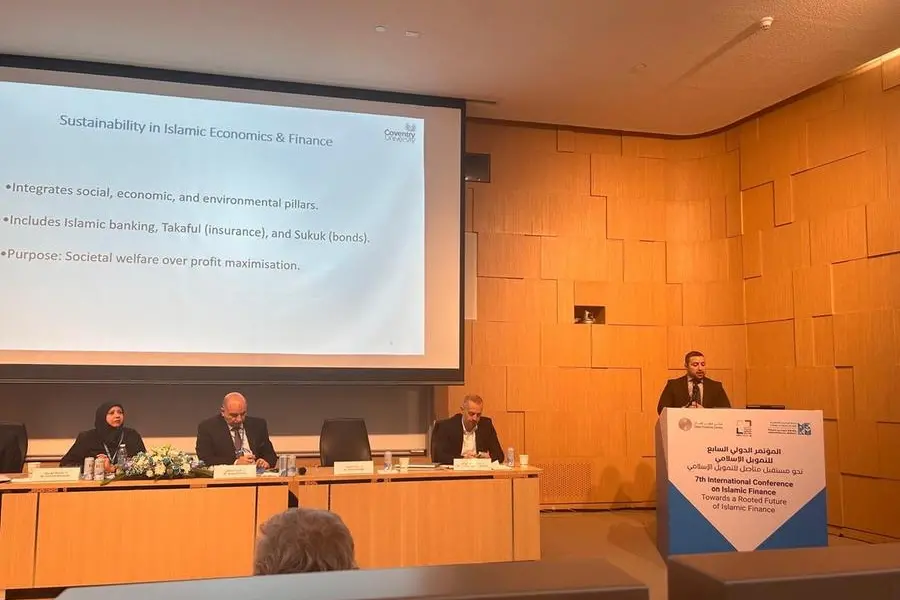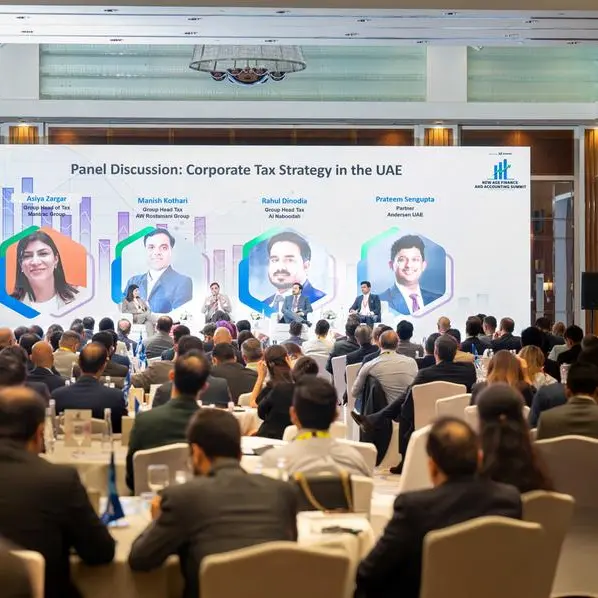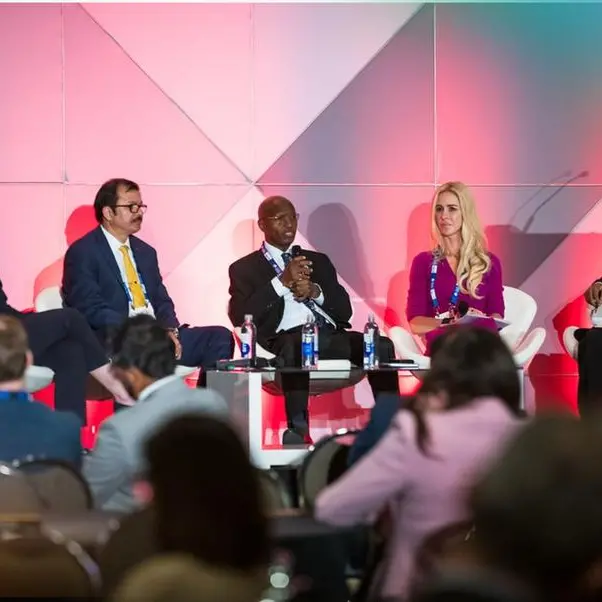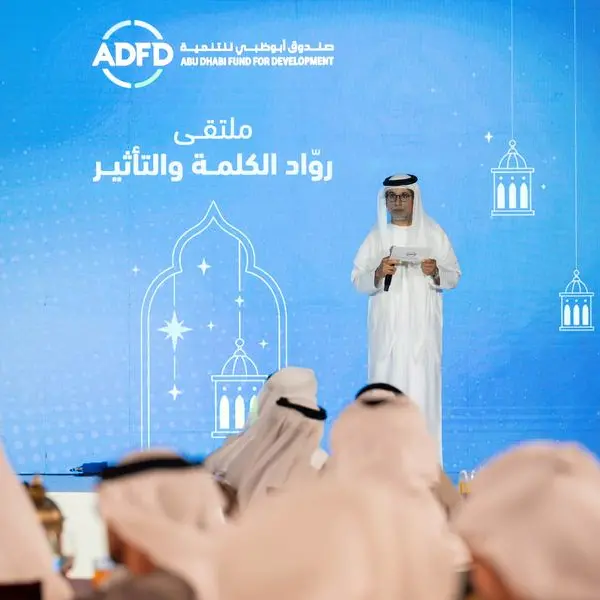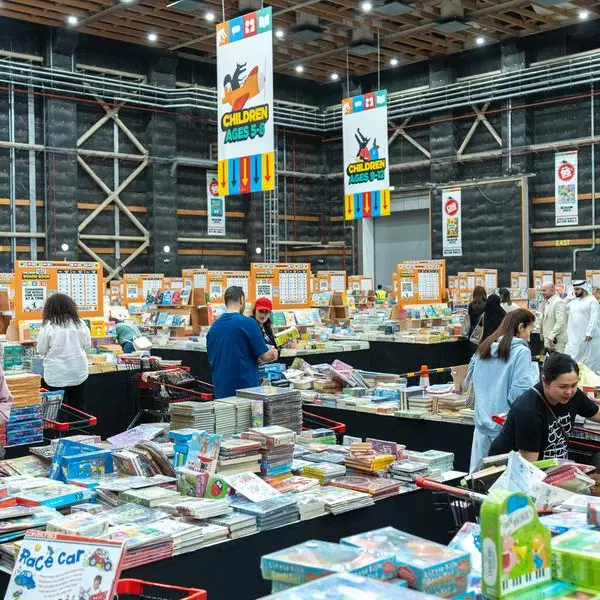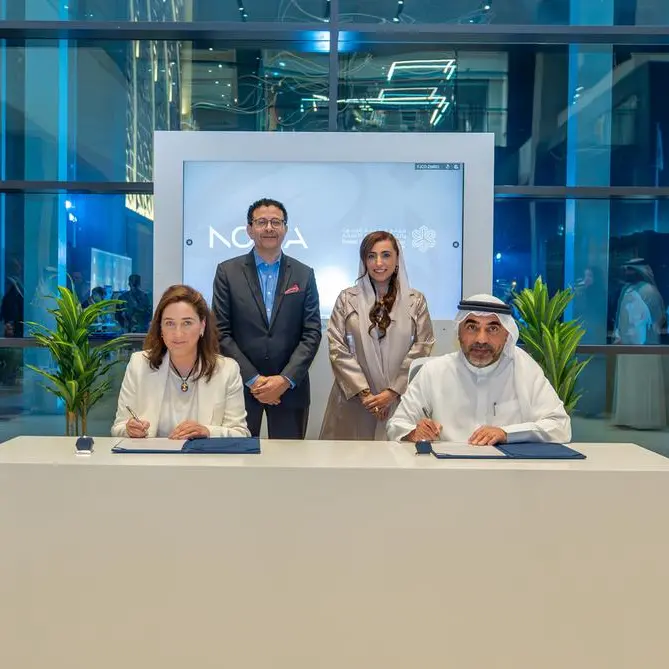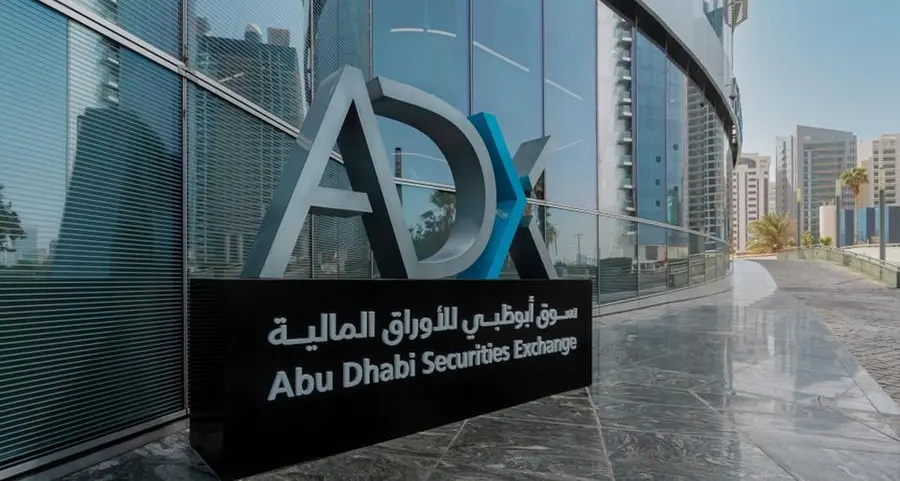PHOTO
Doha – The 7th International Conference on Islamic Finance (ICIF) held on 4-5 Dec 2024, themed "Towards a Rooted Future of Islamic Finance," brought together leading scholars, financial regulators, policymakers, and industry experts to explore innovative pathways for the integration of Islamic finance principles into the global financial system. Hosted in Doha Hamad Bin Khalifa University and sponsored by Qatar Financial Centre (QFC), this prestigious event addressed critical challenges at the intersection of ethics, sustainability, and modern finance, fostering dialogue and actionable solutions for a resilient and equitable financial future.
The ICIF hosted over 30 speakers from across Asia, Europe, Africa, Australia, and North America. Day one featured keynote speeches and the unveiling of the "Expanding Horizons" report, spotlighting Qatar’s role as a hub for Islamic finance. Discussions spanned fiscal and monetary policy, Islamic social finance mechanisms like Zakat and waqf, and the ethical innovation potential of Sharia principles.
Sustainability in Islamic Finance
Addressing the 7th International Conference on Islamic Finance in Doha, Dr Samir Alamad, an industry expert, raised significant concerns about the industry's reliance on conventional financial system labels, which he argued dilute the essence of Islamic finance. He emphasised the need for the sector to re-centre its practices around the core principles of Islamic economics and Sharia.
Dr Alamad posed a thought-provoking question to the conference: “What will the Islamic finance industry do when the UN Sustainable Development Goals (SDGs) conclude in 2030?” He urged the sector to champion its own sustainability framework, firmly rooted in Sharia and its objectives, to ensure its ethical and economic relevance beyond external benchmarks.
Highlighting current practices, Dr Alamad expressed concern over the dominance of debt-based instruments such as Tawarruq, which account for over 85% of Islamic finance transactions. He pointed out that billions of dollars are transacted globally through mechanisms like Tawarruq via the London Stock Exchange, yet these transactions fail to create tangible economic value.
Dr Alamad also revealed a startling issue regarding the materials used to facilitate such transactions. He explained that defective aluminium, stored in bounded warehouses in the UK and untradable in real metal markets, is utilised in superficial Tawarruq transactions in the global Islamic finance market. He criticised this practice as inconsistent with the foundational principles of Islamic finance, calling for urgent reform to align the industry with its authentic values.
Dr Alamad’s address served as a rallying call for stakeholders to rethink Islamic finance’s trajectory and champion reforms that prioritise genuine value creation and adherence to Sharia objectives and its sustainability framework. Dr Alamad's session, which explored the integration of Maqasid al-Sharia principles into financing models, sparked dynamic discussions on how Islamic finance can lead the way in addressing value creation, sustainability and environmental degradation and economic inequalities.
The insights shared at the 7th ICIF will inform future collaborations, policy-making, and academic research, strengthening the role of Islamic finance as a driver of meaningful and sustainable change globally.
Ihsan Islamic Finance Solutions LTD (IIFS) at info@iifs.co.uk
